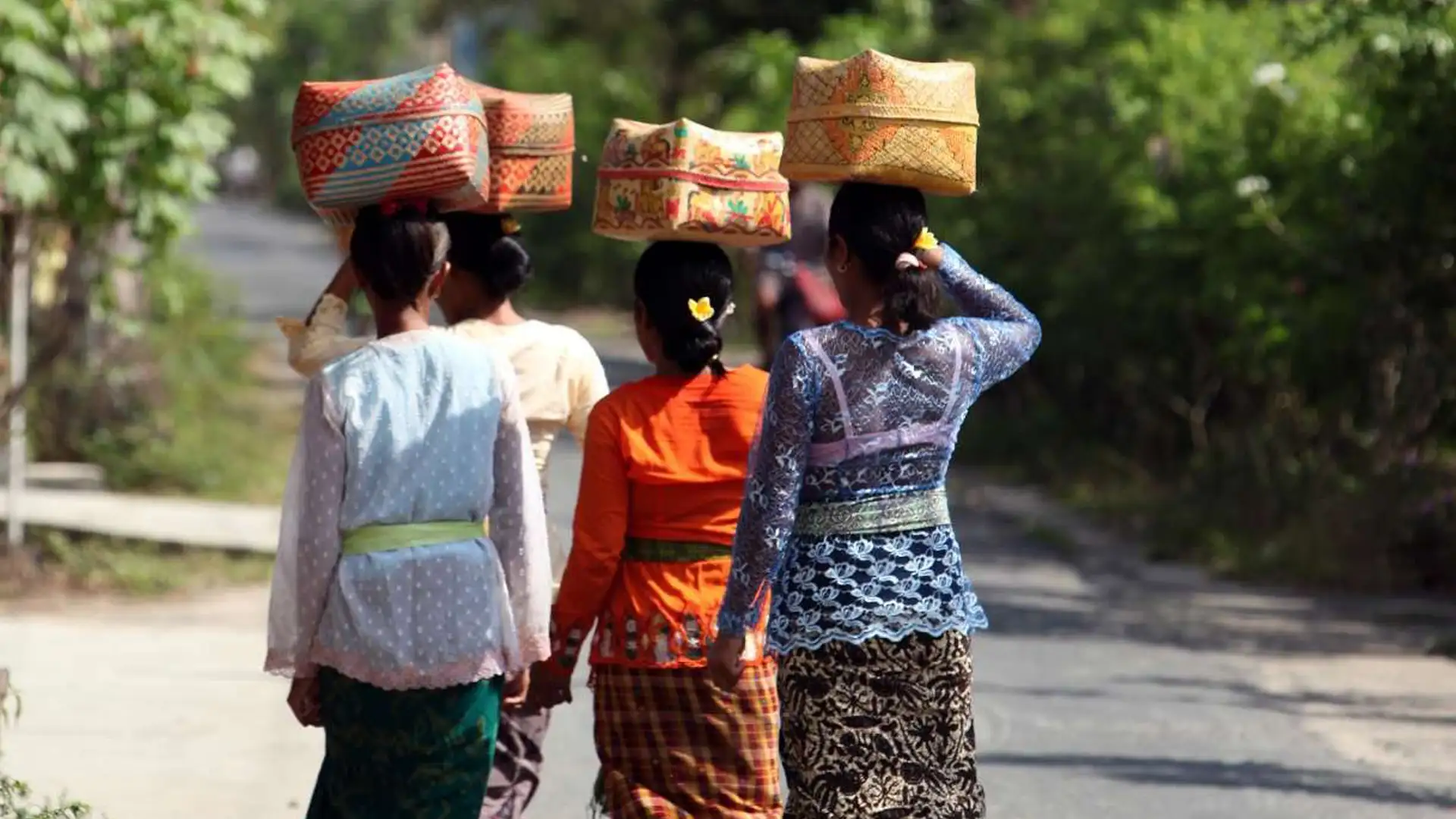Services
In addition to verifying that financial results are fairly presented and meet applicable professional standards, we provide observations and insight into the...
Using a combination of reason and instinct, we can work with you to develop a strategy that helps you both understand and manage your tax liability in a...
As part of the advisory process, we ask questions and pay attention to your responses. We develop solutions tailored to your organisation and its unique...
Dynamic organisations need to focus their energies on driving the business forward and outsourcing could help you achieve this.
Energy & resources
Optimism is slowly returning to the global economy, but the financial services industry needs to regain the trust of public and private bodies. To succeed,...
Emerging markets and shifting consumer demand are creating new opportunities in food and beverage, with business leaders investing in new products, markets and...
Dynamic businesses need to move with speed and purpose if they want to capitalise on opportunities in hospitality and tourism. At Grant Thornton, we know...
Across the globe, not for profit organisations are increasingly expected to deliver more, while at the same time facing cuts in government funding and...
We work with all types of agencies, including central and state government, local government, donors (including bilateral and multilateral international...
While the impact of the prolonged downturn continues to be felt, pockets of opportunity and optimism have emerged within the retail estate and construction...
Rapid change and complexity are norms, and innovation the fuel in the technology industry. Today’s revolutions – including cloud, as-a-service, social media...
